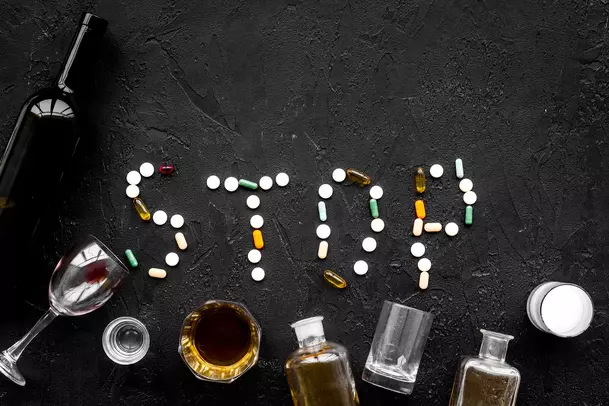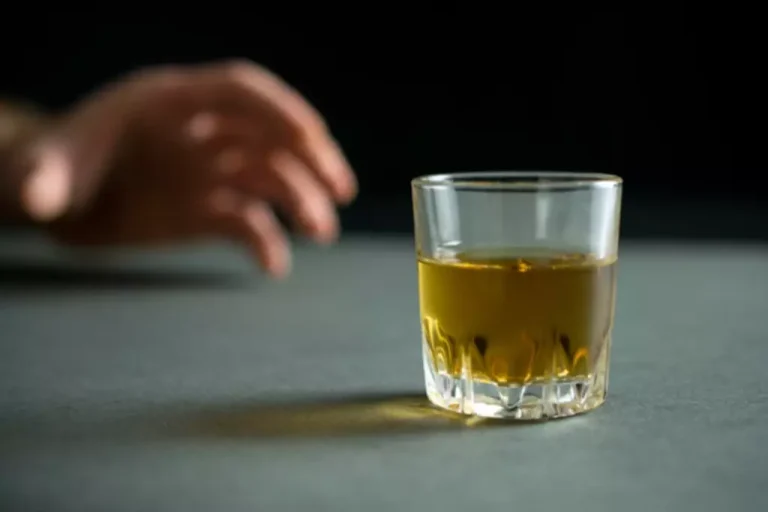
This is when overeating and overindulging in alcohol lead to an irregular heartbeat. Studies published in the American Heart Association’s scientific journals are peer-reviewed. The statements and conclusions in each manuscript are solely those of the study authors and do not necessarily reflect the Association’s policy or position. The Association makes no representation or guarantee as to their accuracy or reliability.
Cushman 1994 published data only
A person who has hypertension should avoid consuming too much caffeine or soda. A doctor may recommend a person with hypertension not to consume energy drinks. Research from 2019 found that drinking 32 ounces (oz) of energy drink in an hour could increase blood pressure. A 2022 study found that people with severe hypertension who drank 2 or more cups of coffee per day had a higher risk of death from cardiovascular disease. Additionally, doses of over 240 mL were also able to reduce diastolic blood pressure. Diastolic blood pressure is the pressure in the arteries between heartbeats.
Other factors to keep in mind
It is important to note that 2 out of 19 studies were single‐blinded (Agewall 2000; Karatzi 2013). Personnel were blinded instead of participants in Karatzi 2013, and neither personnel nor participants were blinded in Agewall 2000, so we assessed these studies as having high risk of bias. We contacted the study authors for missing or unclear information relevant to the review using contact information provided in their respective articles. If the dose of a study was not reported in the article and the study author did not respond to our request, we excluded that study. You can reduce hypertension by reducing your alcohol intake and following the treatment plan that your doctor recommends.
Can I still drink alcohol with high blood pressure?
- The American Heart Association is a relentless force for a world of longer, healthier lives.
- In some cases, hypertension can be reversed through lifestyle changes, such as eating a healthy diet, exercising regularly, and reducing or eliminating alcohol intake.
- The findings suggest a protective effect of overexpression of IGF-1 in the transgenic animals (Zhang et al. 2014).
- This research was a dose-response meta-analysis of seven different nonexperimental cohort studies.
- The molecular mechanisms through which alcohol raises blood pressure are unclear.
Keeping blood pressure within a healthy range can reduce the risk of adverse health outcomes. Many factors can increase someone’s risk for high blood pressure, also known as hypertension. However, researchers how does alcohol affect blood pressure are still seeking to understand the full impact of certain risk factors. Along with drinking alcohol, there are other risk factors that influence the development and rupture of brain aneurysms, too.
Many cellular events, such as intrinsic myocyte dysfunction, characterized by changes in calcium homeostasis and regulation and decreased myofilament sensitivity, can come about due to oxidative stress. In humans, endothelial function is assessed by measuring the widening (i.e., dilation) of the brachial artery under different conditions. Some research noted that endothelial function is impaired in abstinent individuals with a long-term history of alcohol abuse or alcoholism(Di Gennaro et al. 2007, 2012; Maiorano et al. 1999). Other studies have examined the effect of a single binge-drinking episode and found impairment in brachial artery endothelial-dependent and -independent vasodilation (Bau et al. 2005; Hashimoto et al. 2001; Hijmering et al. 2007). Therefore, as in animal studies, the effects of ethanol on endothelial function in humans likely depend on the dose and duration of ethanol consumption.
Berg 2005 published data only
- She has over a decade of direct patient care experience working as a registered nurse specializing in neurotrauma, stroke, and the emergency room.
- People who drink regularly consume a mean of 33 g of anhydrous alcohol per day, with beer being the most common alcoholic beverage.
- Data were balanced across groups, hence missing data did not affect the final results.
Excessive alcohol consumption can increase the risk of several metabolic conditions, including high blood pressure. There is some evidence that certain drinks other than water may be beneficial to people with high blood pressure. This is not to suggest that they “treat” hypertension, but they are considered “safe” and can help you maintain ample hydration in addition to the water you drink each day.
Hering 2011 published data only
- At the same time, some studies suggest that stopping or reducing alcohol intake produces better outcomes for those with high blood pressure or CVD.
- If you have high blood pressure, avoid alcohol or drink alcohol only in moderation.
- Several reports indicate that alcohol first exerts a seemingly positive effect, followed by a more negative impact (i.e., it is biphasic) on the endothelial–nitric oxide–generating system.
- Alcohol consumption is categorized into different levels based on the amount consumed.
- When necessary, we contacted the authors of studies for information about unclear study design.
There was a particular risk for bias in the studies that met the eligibility criteria, and there is still the potential risk for residual confounding. There are also a number of opportunities to expand on the research, including understanding more about how alcohol intake influences blood pressure among women. If a person thinks that they might be consuming alcohol at a rate that would classify as moderate drinking, heavy drinking, or binge drinking, they should consider cutting back to improve their overall health and well-being.
- You should never consider wine or any other alcohol as a way to lower your heart disease risk.
- In 2005, McFadden and colleagues conducted a systematic review of RCTs, which investigated the haemodynamic effects of daily consumption of alcohol (McFadden 2005).
- She has counseled hundreds of patients facing issues from pregnancy-related problems and infertility, and has been in charge of over 2,000 deliveries, striving always to achieve a normal delivery rather than operative.
- NIAAA defines binge drinking as a pattern of drinking alcohol that brings the blood alcohol concentration to 0.08 percent or above.
- Cortisol, plasma renin activity (causing vasoconstriction and sodium and water retention), and impaired endothelial function (inhibiting vasodilatory responses and promoting oxidative stress) have also been reported in heavy drinkers.
Alcohol may affect various mechanisms implicated in ischemic preconditioning. Among these is the activation of mitogen-activated protein kinases (MAPK) signaling cascades. MAPKs are activated in response to stressful stimuli and help regulate apoptosis.
Potential Biologic MechanismsUnderlying Alcohol-Induced BP Effects

A research review from 2022 analyzed studies that gave participants with hypertension 70–250 milliliters (mL) of beetroot juice per day for 3–60 days. In addition to cutting back on alcohol, you can incorporate other lifestyle changes, such as regular exercise and stress management, to help lower your blood pressure. Alcohol also stimulates the release of adrenaline and puts the body in a fight-or-flight mode, leading to elevated blood pressure. Alcohol prevents the body’s baroreceptors from detecting a need to stretch the blood vessels and increase their diameter, causing an increase in blood pressure. When blood pressure decreases, these receptors help minimize how much the blood vessels stretch to increase blood pressure. Similarly, when blood pressure increases, these receptors increase the stretching of the blood vessel walls in order to decrease blood pressure.


